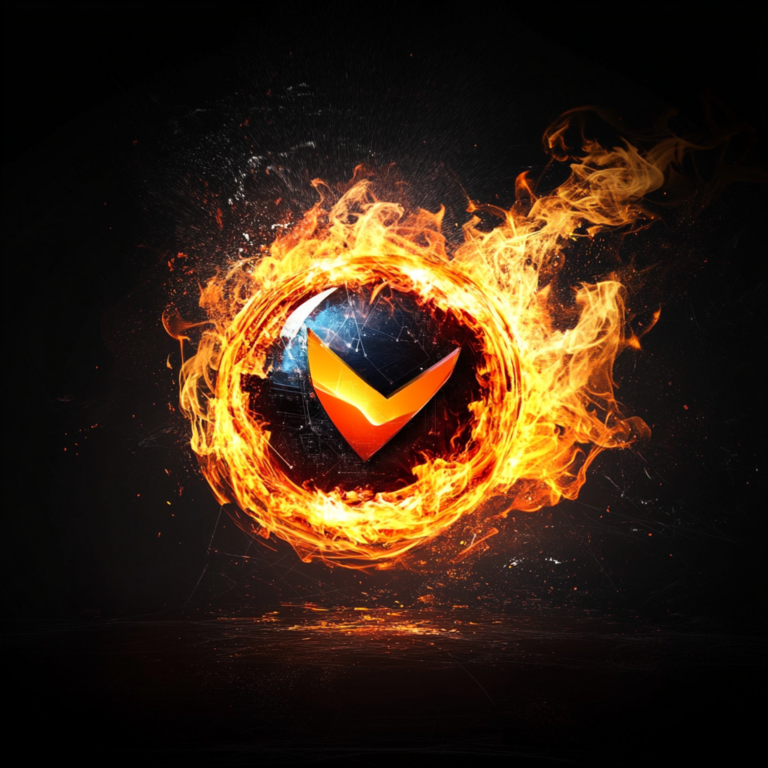Nvidia Research Introduces Eureka AI Agent
Nvidia Research has made a groundbreaking announcement with the introduction of Eureka, an AI agent powered by their latest cutting-edge technology, GPT-4. Eureka represents a significant advancement in the field of robotics, as it possesses the ability to teach complex skills to robots. By leveraging the power of GPT-4, Eureka is set to revolutionize automation and open up new possibilities for various industries.
GPT-4: The Cutting-Edge Technology Behind Eureka
At the core of Eureka’s capabilities lies GPT-4, the latest AI technology developed by Nvidia Research. GPT-4, which stands for Generative Pre-trained Transformer, builds upon its predecessors and brings several improvements to the table. This powerful language model is trained on a massive amount of data, enabling it to understand and generate human-like text with remarkable accuracy and coherence. With its enhanced ability to process and comprehend complex information, GPT-4 serves as the brain behind Eureka’s teaching capabilities.
Revolutionizing Robotics: Eureka’s Ability to Teach Complex Skills
What sets Eureka apart from previous AI agents is its unparalleled ability to teach complex skills to robots. By leveraging GPT-4’s language generation abilities, Eureka can provide detailed instructions and explanations to robots, allowing them to learn and perform intricate tasks. This breakthrough development brings us a step closer to creating robots that can adapt and learn autonomously. With Eureka, the possibilities for automation are greatly expanded, as robots can now acquire new skills and knowledge without the need for extensive human programming.
The Implications: How Eureka AI Agent Enhances Automation
The introduction of Eureka into the realm of robotics holds significant implications for the future of automation. With its ability to teach complex skills to robots, Eureka empowers automation systems to become more versatile and adaptive. This means that robots can now handle a wider range of tasks, even those previously deemed too complex or nuanced. By reducing the need for human intervention and programming, Eureka enhances the efficiency and productivity of automated processes, ultimately leading to cost savings and increased output for businesses.
Potential Applications: Eureka’s Role in Various Industries
Eureka’s capabilities have the potential to revolutionize a wide array of industries. In manufacturing, robots can now be trained to perform intricate assembly tasks with precision and accuracy. In healthcare, Eureka can aid in medical procedures, such as surgery, by instructing robots on intricate procedures. The logistics and transportation industry also stands to benefit from Eureka, as robots can be taught complex tasks related to sorting, packing, and delivery. Additionally, Eureka’s teaching capabilities can be applied in the field of education, where robots can assist in teaching complex subjects or providing personalized tutoring.
Future Prospects: Nvidia Research’s Advancements in AI Technology
Nvidia Research’s introduction of Eureka is just the beginning of their advancements in AI technology. With GPT-4 as the driving force behind Eureka’s teaching abilities, we can expect further innovations in the field of robotics and automation. As Nvidia continues to refine its AI models and push the boundaries of what is possible, we can anticipate even more sophisticated AI agents and robotic systems entering the market. The future prospects for Nvidia Research in AI technology are exciting, with the potential to reshape industries and transform the way we interact with automation.
The Future of Robotics Enhanced by Eureka AI Agent
Nvidia Research’s unveiling of Eureka, powered by GPT-4, marks a significant milestone in the development of AI-powered robotics. With Eureka’s ability to teach complex skills to robots, automation systems can reach new heights of versatility and adaptability. The implications for various industries are vast, and the potential applications of Eureka’s teaching capabilities are extensive. As Nvidia Research continues to advance AI technology, we can look forward to a future where robots learn and adapt in unprecedented ways, revolutionizing the world of automation.




